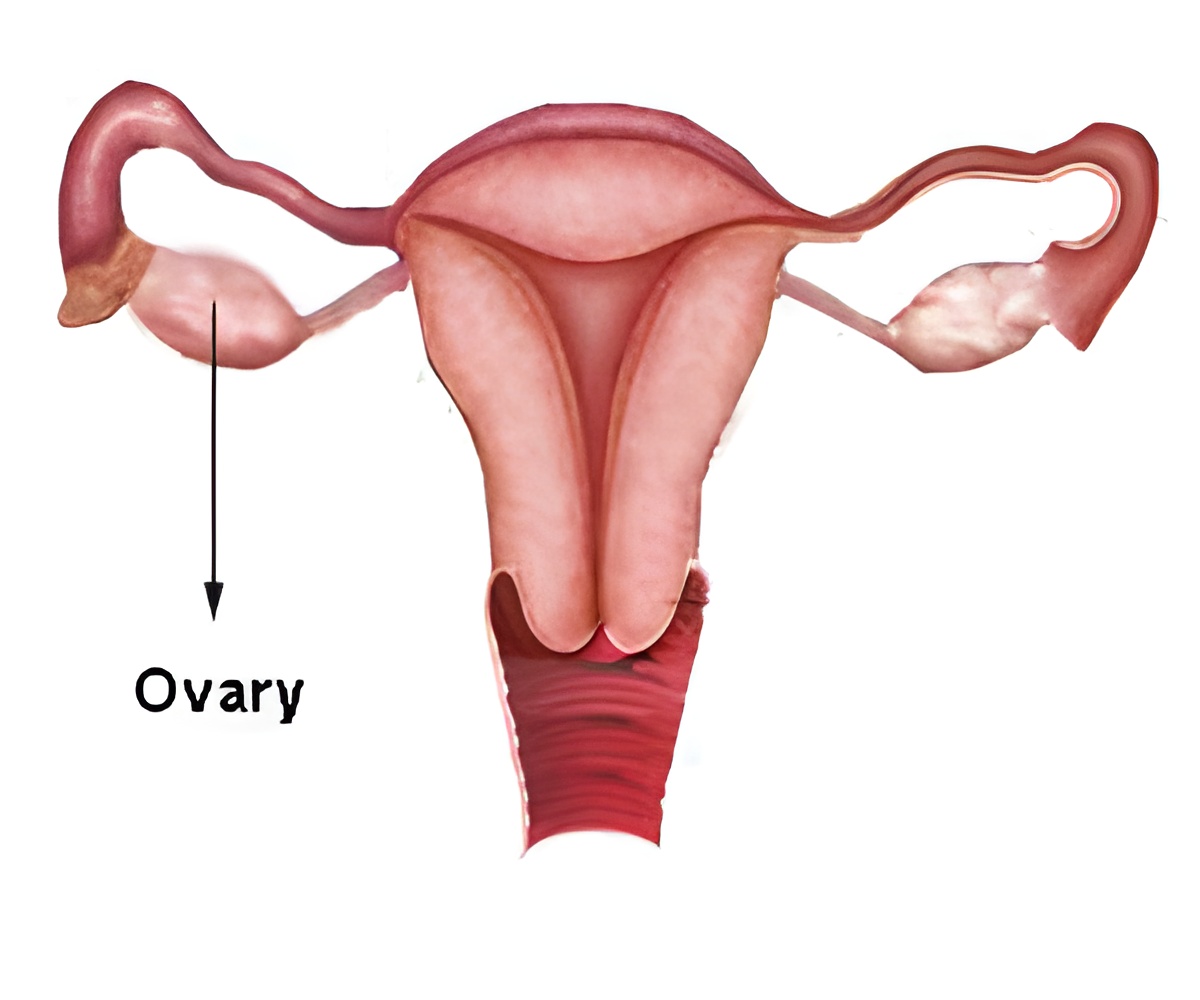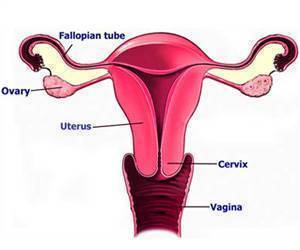Women working in shifts are associated with a higher risk of miscarriage, menstrual disruption and subfertility, shows study.

The investigators describe their findings as "novel", but in keeping with other studies (which found adverse effects in later pregnancy). "If replicated," they said, " our findings have implications for women attempting to become pregnant, as well as for their employers". On the implications of the study Dr Stocker said: "Whilst we have demonstrated an association between shift work and negative early reproductive outcomes, we have not proven causation. In humans, the long-term effects of altering circadian rhythms are inherently difficult to study. As a proxy measure, the sleep disruption demonstrated by the shift workers in our study creates short- and long-term biological disturbances.
Shift workers adopt poor sleep hygiene, suffer sleep deprivation and develop activity levels that are out-of-sync with their body clock."However, if our results are confirmed by other studies, there may be implications for shift workers and their reproductive plans. More friendly shift patterns with less impact on circadian rhythm could be adopted where practical - although the optimal shift pattern required to maximize reproductive potential is yet to be established."In noting that only some reproductive outcomes were affected by shift work, Dr Stocker reported that the underlying biological disturbances involved in reproductive difficulties "are complex and not the same across all the disease processes".
"Indeed," she said, "it is probable that completely different causes underlie menstrual dysfunction, miscarriage and subfertility.This may explain why the effects of different types of shift work are seen in some groups of women, but not others."She added that one possible explanation for the overall findings is that the disruption of circadian rhythm can influence the biological function of "clock genes", which have been shown to be associated with changes in biological functions.
Source-Eurekalert















